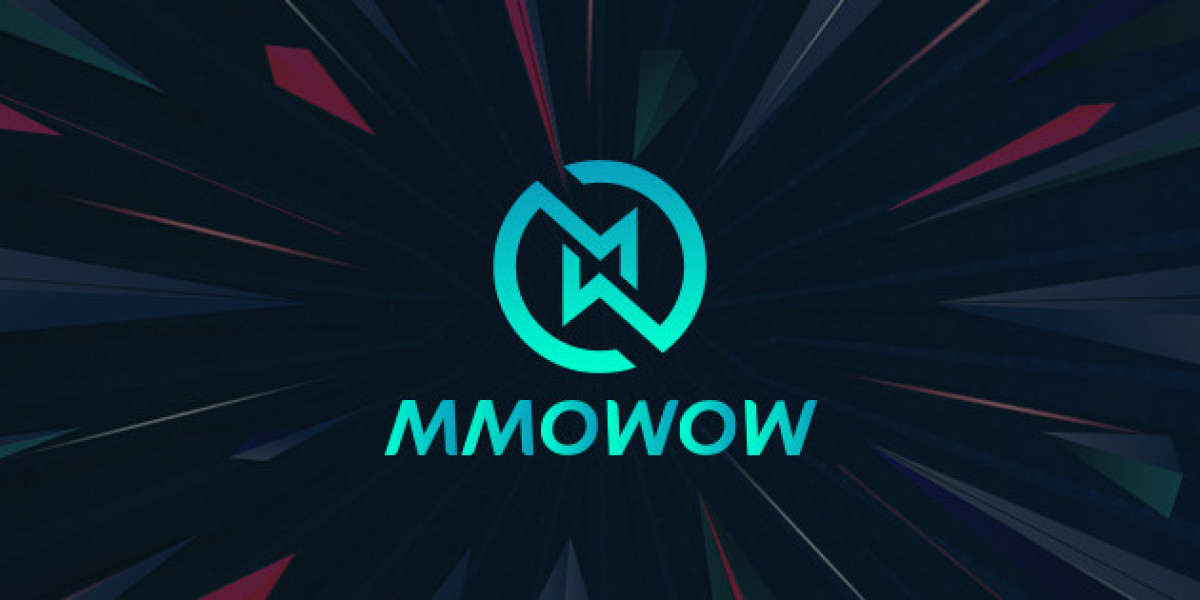In today’s competitive real estate market, standing out isn’t optional—it’s essential. Whether you're an agent, broker, or investor, building a strong personal brand is the key to gaining trust, attracting clients, and scaling your success. With the rise of Web 2.0 platforms, the opportunities to craft and control your brand have never been greater. Here’s a practical guide to help you build a powerful personal brand in real estate.
Understand What a Personal Brand Is
A personal brand is the perception people have of you based on your online and offline presence. In real estate, it’s what people think and feel when they hear your name. It includes your values, personality, work ethic, visual identity, and communication style. Think of your personal brand as your reputation—amplified by the internet.
Identify Your Niche
Start by choosing a niche or area of specialization. Are you focused on luxury homes, first-time buyers, commercial properties, or eco-friendly buildings? Specializing makes your messaging more focused and helps you become the go-to expert in that area. It also allows your marketing to be more targeted and consistent.
Craft Your Brand Story
Your story is your strongest asset. Why did you enter real estate? What motivates you? What unique experience or perspective do you bring? Use your story to build emotional connections with your audience. Keep it authentic, relatable, and brief. This story will be the foundation for your social media bios, website “About” page, and marketing content.
Design a Visual Identity
Your brand visuals should be cohesive and recognizable. This includes your logo, color scheme, typography, and photography style. Tools like Canva and Adobe Express make it easy to create high-quality visuals. Use the same style across all platforms—website, social media, email signatures, and business cards—to reinforce your identity.
Build a Strong Online Presence
1. Social Media Strategy
Focus on platforms where your target audience spends time. For most real estate professionals, this means Facebook, Instagram, LinkedIn, and TikTok. Post regularly and consistently. Share property listings, behind-the-scenes content, market tips, testimonials, and personal updates. Make use of Stories, Reels, and Live sessions to increase engagement.
2. Professional Website
Your website is your digital home. It should include your bio, listings, blog, client testimonials, and a way to contact you. Use search engine optimization (SEO) to improve your visibility on Google. Consider adding a lead magnet like a free homebuyer’s guide to collect emails.
3. Content Marketing
Web 2.0 is all about interactive and user-driven content. Write blog posts, record short videos, and start a YouTube channel or podcast. Provide value through market updates, neighborhood guides, and real estate tips. Focus on solving problems and answering questions your audience cares about.
4. Email Marketing
Build an email list and send regular newsletters. Share listings, local news, and personal insights. Emails help you stay top-of-mind and build long-term trust with your audience.
Engage and Network
Interact with your followers and peers. Respond to comments, messages, and reviews. Join local Facebook groups, attend community events, and connect with other professionals. A great brand is also a great networker. Web 2.0 rewards those who engage, not just those who post.
Ask for and Display Testimonials
Client testimonials are social proof that builds credibility. Ask satisfied clients to write a review or record a short video. Share these across your platforms, especially on your website and Google Business profile. A few genuine testimonials are more powerful than a dozen self-promotional posts.
Stay Consistent
Consistency builds trust. Post regularly, maintain the same tone and message, and show up for your audience. Branding is not a one-time event—it’s an ongoing process. Set a content calendar, plan your posts ahead, and stay active in conversations both online and offline.
Monitor and Adjust
Use analytics to understand what’s working. Track your website traffic, social media engagement, and email open rates. See which posts get the most traction and double down on that style of content. Real estate trends change, and your brand should evolve accordingly.
Be Authentic
Authenticity is the currency of trust. Don’t try to be someone you’re not. Show your personality. Let your audience see your wins and your challenges. People work with agents they feel they know, like, and trust. Your realness can be your biggest differentiator.
Final Thoughts
Building a personal brand in real estate takes time, effort, and strategy. But when done right, it becomes your most valuable asset. By leveraging Web 2.0 tools—social media, content creation, and digital networking—you can establish a memorable brand that attracts the right clients and keeps them coming back.
Important Links
How to Buy a Condo in Singapore as a Foreigner
Understanding the Loan to Value (LTV) Limit in Singapore Real Estate
What Is Option to Purchase in Singapore
Resale Levy for Second-Time HDB Buyer: What You Must Know in 2025
Singapore Freehold vs Leasehold Property Value
Boulevard Coast Jalan Loyang Besar EC



